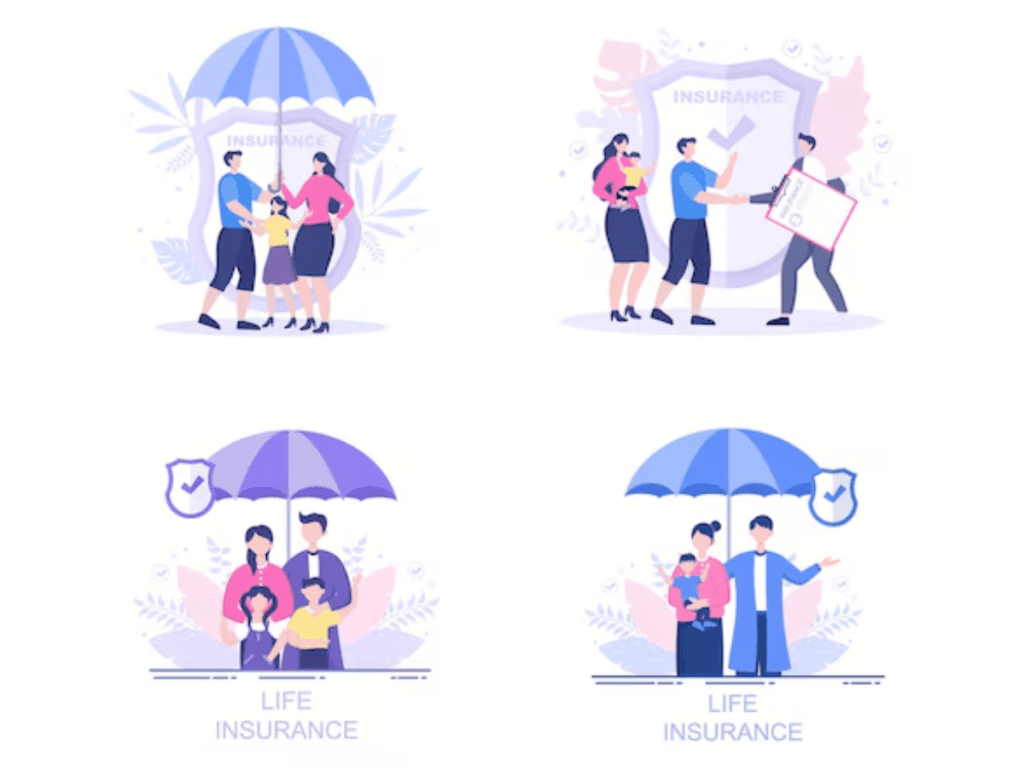Introduction
Health insurance acts as a very crucial safety net for financial security. It guards against all the unpredictable costs of healthcare. Today, given the rapid changing landscape in technology, there are multiple ways one can buy health insurance. Two very popular ways are those available online and through agents. Each of these methods has its own set of advantages and challenges. Knowing the difference between these two methods will help in deciding on health coverage.
Understanding Health Insurance
Before comparing the two, let’s understand what health insurance is. Health insurance is a form of contract between an individual and an insurance provider, where the provider agrees to pay a fraction of the medical costs incurred by the individual. Health insurance may include coverage of services such as doctor visits, hospital stays, surgeries, prescription drugs, and even wellness services, including preventive care. Typically, in return for this protection, the insured person pays a monthly premium plus any applicable deductibles, copayments, or coinsurance in accordance with the policy terms.
As the health insurance market evolves, so too has the way people buy policies. With agents traditionally playing the role of guiding one through the process of buying a policy, over the years, the use of the internet and digital space has led to an online introduction of health insurance plans for consumers.
Online Health Insurance Plans: The Digital Revolution
Online health insurance plans can be bought from the websites of the insurance companies themselves or through other online insurance portals. This makes it possible for individuals to look at, compare, and purchase health insurance plans from the comfort of their own homes.
Benefits of Online Health Insurance Plans:
- Convenience and Accessibility: Convenience is one of the most significant advantages of online health insurance plans. Consumers can browse policies and purchase insurance at any time, from anywhere, without having to visit an office or meet an agent in person. This saves time and effort, especially for those who have busy schedules or prefer not to engage in face-to-face interactions.
- Comparison of policies over the Internet: Users can easily compare different plans side by side, thus showing them on hand all the options available, so that deciding upon the coverage, benefits, and premiums that serve the purpose best can be done easily. The multiplicity of contact required for comparison of different plans at a single platform is eliminated.
- Less Expensive: Since online plans do not require an intermediary agent, the premiums for such plans are usually offered at a reduced rate. The agent earns his commission by selling the policy to the consumer and this is factored into the final price. This way, without the middleman, insurers are able to charge less for the online plans.
- Transparency: Consumers get much easier access to details on exact terms, exclusions, coverage limits etc. of a health insurance policy they want to opt for with online health insurance. In agent-based sales, this amount of transparency is relatively hard to achieve because agents can be expected to want to sell one particular product over offering comprehensive options to clients.
- Online Health Insurance- Some of these platforms have offered beneficial tools as well as free or paid, high-grade online calculators covering chart comparisons that often feature academic blogs or tutorial videos that enhance people’s comprehensiveness while getting into plans that can also become easier without many worries over them.
Obstacles when Purchasing through the internet of health plans
- Lack of Personalized Support: Online sources are rich in information, but they may not be able to provide the kind of personalized support that some consumers require. The complexity of health insurance can be overwhelming, especially for those who are not familiar with the terms or have specific medical needs.
- Missed Important Details: A consumer without a knowledgeable advisor to explain the nuances of different policies might miss critical details, such as exclusions or limitations in coverage. This lack of expert advice could result in purchasing a plan that does not adequately meet their needs.
- Technical Barriers: Some people may not be comfortable with online platforms or have limited internet access. For seniors or those with less technological literacy, the process of buying insurance online can be intimidating and challenging.
- Limited Customer Support: Customer support is present on most platforms through chat and email, however it may be quicker and more broad in scope to have an actual agent assist and explain the processes.
Health Insurance Plans Available from Agents: Human Touch and Professionalism
An agent-based health insurance plan requires one to work with an insurance agent or broker. The agent works to guide a consumer through selecting the right policy. Agents are either independent agents or tied agents, who provide their services and expertise to an individual seeking professional advice and customized service.
Advantages of Agent-Based Health Insurance Plans:
- Personalized Advice The greatest advantage of using an insurance agent is the personalized service they provide. Agents will take the time to understand your needs, medical history, and financial situation to recommend policies that best match your unique circumstances. This is particularly beneficial for people who may require special coverage, such as those with pre-existing conditions or other healthcare needs.
- Expert Knowledge and Support Insurance agents usually know the intricacies of health insurance policies, so they might offer information not apparent when viewing it online. They can also help explain jargon and legalese to help consumers avoid some potential pitfalls in their coverage. In addition, agents can facilitate the claims process, offer recommendations on benefits, and help consumers work through issues that may arise during the policy term.
- Health Insurance Complexities: Some folks may feel overwhelmed by the different types of health insurance and their options, especially when they are dealing with a marketplace saturated with types of plans, coverage options, and wording. An agent who has experience can guide consumers through the complexity of choosing the right policy and explaining to consumers what their options mean in real life.
- Ongoing Relationship: The agent often will provide ongoing support throughout the life of the policy. If the policyholder has changes in their health, family situation, or employment, the agent can assist in adjusting the coverage to reflect these changes and ensure the individual is adequately protected.
- Claims and Disputes Handling: The agent will assist policyholders with filing claims by offering information on where to submit a claim and the required documents. In cases of disputes, an agent will also be a middleman between the insurance company and the insured person when a problem has to be sorted out.
Agent-Based Health Insurance Plans Problems
- Higher Premiums: The primary disadvantage of agent-based plans is that they are usually more expensive than online plans. This is because the agent earns a commission for selling the policy, which is usually factored into the overall cost of the insurance. For those who are comfortable making decisions on their own, this added cost may not be worth the extra service provided by the agent.
- Potential Conflicts of Interest: Many agents are committed to acting in the best interests of their clients, but some may be incentivized to recommend policies from specific insurers with which they have relationships, thus creating a conflict of interest. This could limit the consumer’s exposure to a broader range of insurance options.
- Limited Availability: In many areas, the services of insurance agents may not be easily found, especially in rural areas. This can present some problems when a customer seeks customized services, especially those who want to have their meeting face-to-face with a skilled professional rather than through phone or online communication.
Which Method is Right for You?
The choice between online and agent-based health insurance plans is primarily a matter of personal preference, comfort level, and individual needs. If you are familiar with the language of insurance, have time to research policies, and prefer a hands-on, cost-effective approach, then online plans would be a good choice. They are flexible, transparent, and allow for comparison of many options in a short time.
On the other hand, if you are new to health insurance, have complex medical needs, or prefer the reassurance of expert advice, working with an insurance agent may be the better choice. Agents can provide personalized recommendations, explain complicated terms, and offer ongoing support to ensure your needs are met.
Ultimately, both online and agent-based plans have their strengths and weaknesses. The key is to evaluate your own priorities, such as price sensitivity, the need for personalized service, and comfort with technology, to determine the most suitable option for your health insurance needs.

